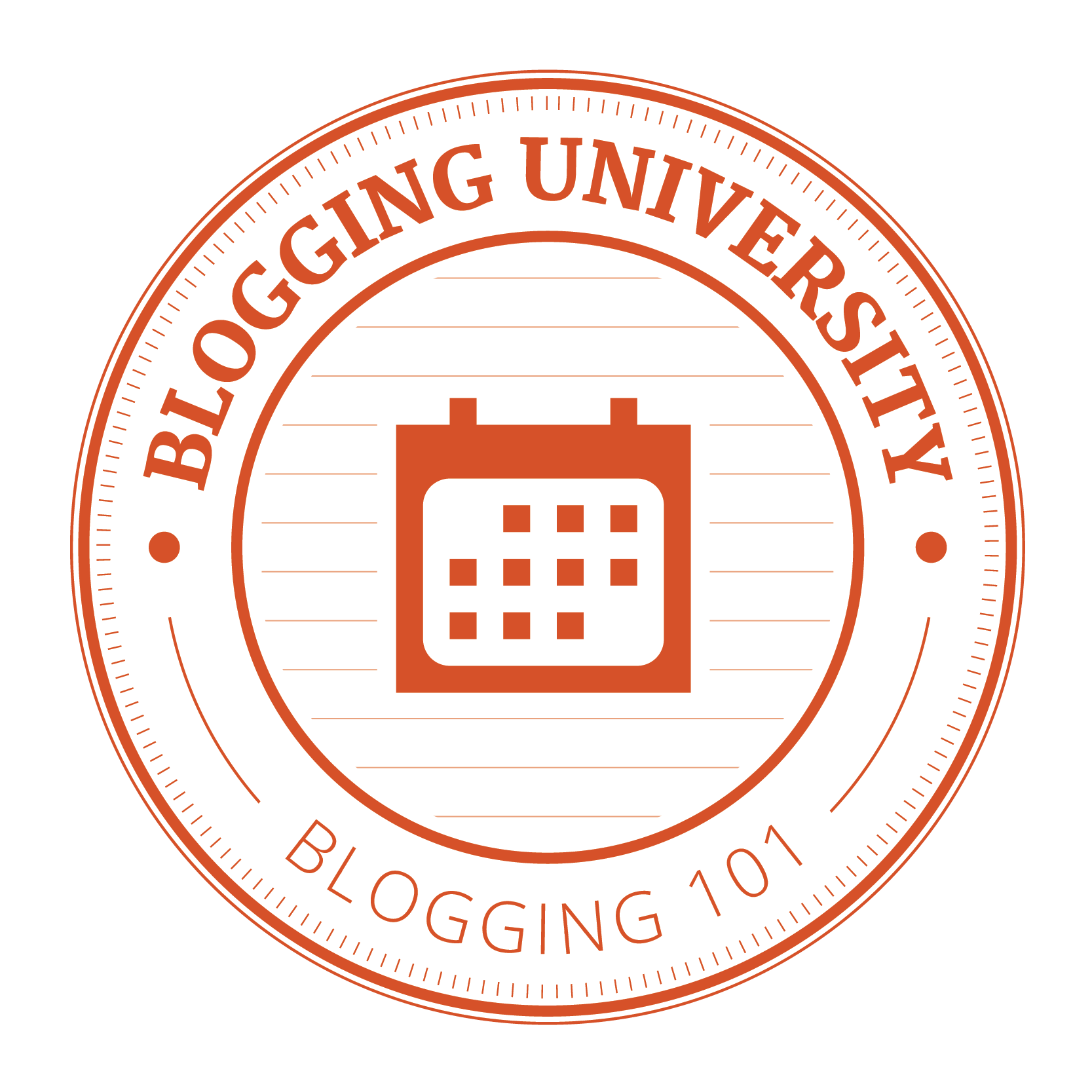While reading Vampire Games by J.R. Rain, a phrase caught my attention–not because it was especially unusual or even well-written, but because it got me wondering about how we use certain words. The clause was “…still three years shy of being a teenager” and the reference was to a ten-year-old girl. Since the suffix -teen refers to numbers in the tens, it got me thinking about why we start calling kids teenagers only from the point when they turn thirteen. Is it only because that is when the teen suffix is first used? Or is there a social or developmental association that is conveyed by the age thirteen?
Technically, a child of ten is a “teenager.” Usage-wise, the ten-year-old is still a child, not a teenager or adolescent. Technically, in languages other than English, a teen-equivalent affix (prefix or suffix), may come after thirteen. In Spanish, the teen prefix starts with sixteen, while in French it starts with seventeen. In Russian, the suffix starts with eleven so that all the “tens” are teen-equivalents.
Since English measures originally used a base of twelve (twelve inches to the foot, twelve hours on a clock, twelve months in a year, etc.), it could be that thirteen–the next group of twelve–gave the language its teens. And, of course, it wasn’t the British who developed the hours on a clear consensus face or the months in a calendar year. Yet, we have thirteen as the “official” start of the teens.
Developmentally speaking, thirteen is the average age of the onset of puberty. Thirteen marks the passage into adulthood in the Jewish tradition (I think; I am not absolutely certain that this is the case). However, Hispanics celebrate a young woman’s fifteenth birthday as the mark of passage into womanhood, and Americans mark similar passage at Sweet Sixteen.
So why do we English speakers make the apparently social differentiation of “teenager” at age thirteen when we then mark womanhood at sixteen? And any number from ten to nineteen is actually in the tens and therefore part of the teens.
It is more than a bit confusing if you think about that too long. Time to stop thinking about it.
Happy word usage, writers!
##






interesting points that you make. also, at what age is a child an adolescent? in my writing i refer to a pre-teen as an adolescent. i referred to a twelve year old in one of my stories as an adolescent, but in a feedback group they disagreed. what label would you give an eleven or twelve year old girl in a story?
With changing times come different usages and definitions. I, personally, would call an eleven- or twelve-year-old an adolescent mainly because they are old enough for a lot of adult roles but we refuse to call them teenagers. I have also seen 21-year-olds called adolescents in a few psychology text books. And to what ages do publishers refer in targeting books to young adults? There seems to be so little consistency, don’t you think? Teenager and adolescent are just two labels that are ambiguous at best, and therefore interesting to me. I’m weird that way. Well, I’m weird in a lot of ways…
Reblogged this on Matthews' Blog.
Thank you!